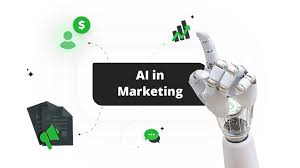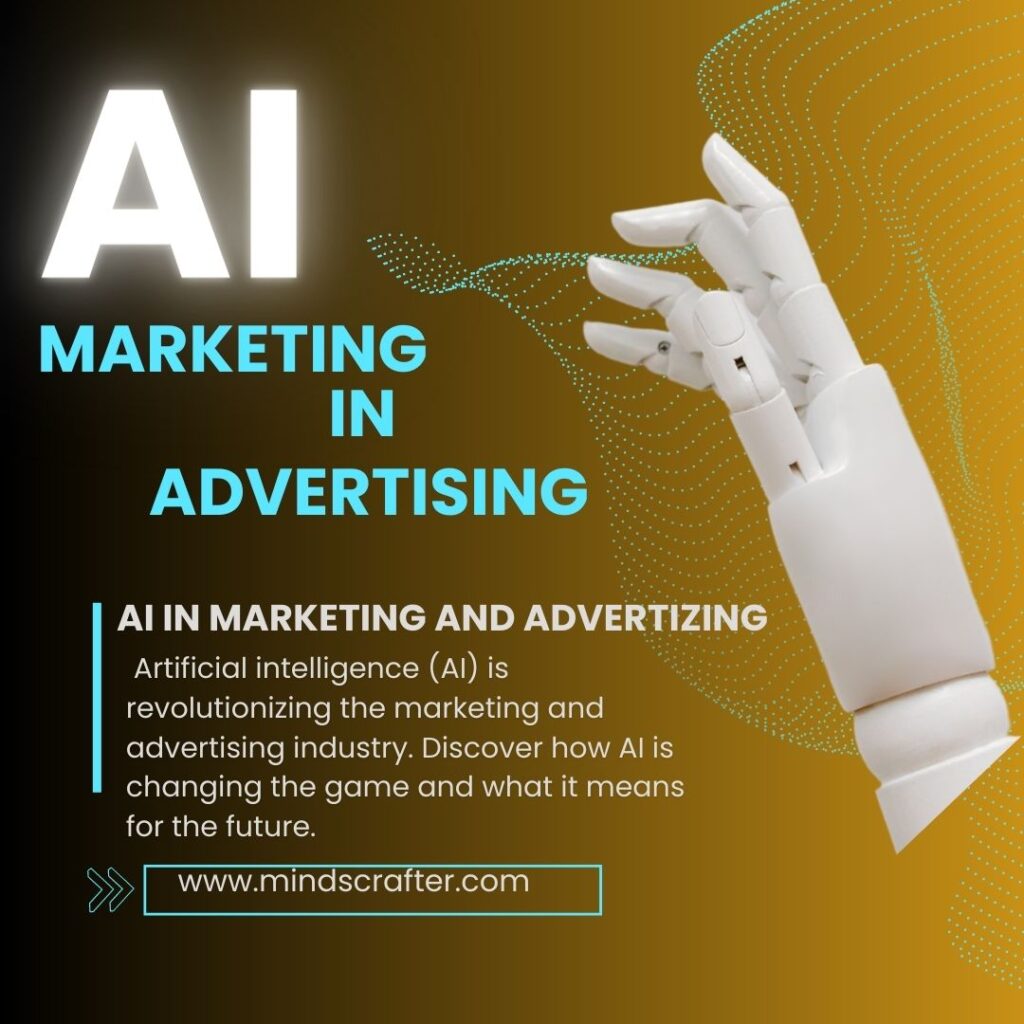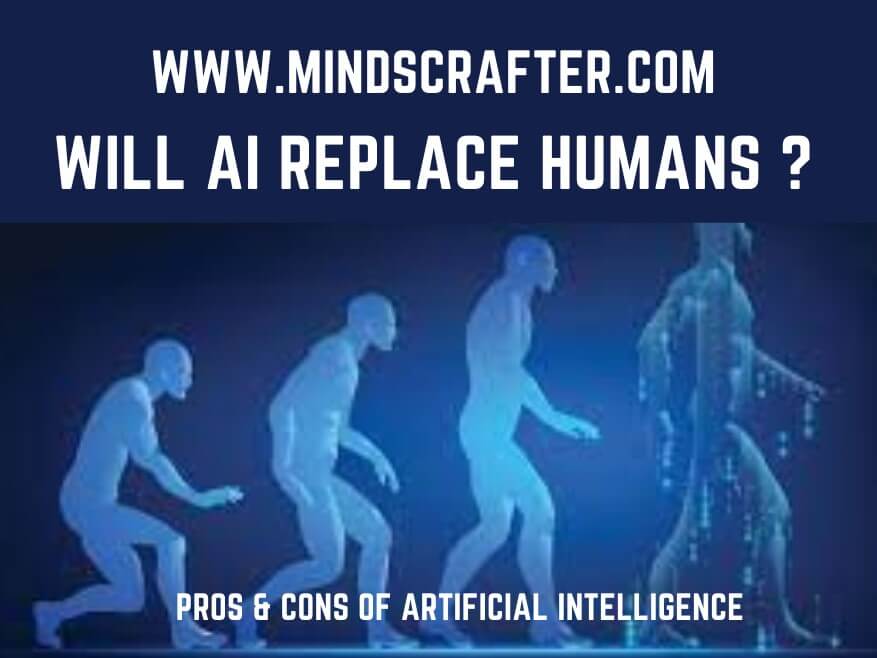Introduction:
Artificial intelligence (AI) is revolutionizing how companies approach marketing and advertising in today’s rapidly evolving business landscape. From personalized recommendations to predictive analytics, AI is reshaping how businesses connect and engage with their target audiences. This short article delves into the profound impact of AI in marketing and advertising, exploring its various applications and what it signifies for the future of these industries.

Understanding AI in Marketing and Advertising:
Artificial intelligence, often called AI, encompasses machines’ capacity to perform tasks that typically require human intelligence. This includes learning, problem-solving, and decision-making. In the realm of marketing and advertising, AI is being utilized in diverse ways. For instance, it enables personalized recommendations based on user behaviour, predictive analytics to forecast consumer trends, and the deployment of chatbots for efficient customer service. Additionally, AI facilitates the analysis of vast data sets to uncover patterns and insights that inform marketing strategies.
Personalization and Targeting Empowered by AI:
One of the most significant advantages of AI in marketing and advertising lies in its ability to deliver personalized content and target individual users. By analyzing user behavior and preferences, AI algorithms can recommend products or services that align with each user’s interests. This personalization enhances the user experience, boosts conversion rates, and fosters customer loyalty. Furthermore, AI empowers companies to target specific demographics or segments with tailored messaging and advertising, amplifying the effectiveness of marketing campaigns.
Chatbots Revolutionizing Customer Service:
AI-driven chatbots are increasingly gaining popularity in customer service operations. These automated conversational agents swiftly and efficiently respond to customer inquiries and resolve issues. Chatbots handle various tasks, ranging from answering frequently asked questions to processing returns and refunds. Companies can optimize time and resources by automating these processes while providing a superior customer experience. Moreover, chatbots collect valuable data on customer interactions, enabling companies to identify common issues and improve overall customer service strategies.
Predictive Analytics and Data-Driven Decision-Making:
One of the most remarkable benefits of incorporating Artificial Intelligence into marketing and advertising is the integration of predictive analytics and data-driven decision-making. AI algorithms can analyze extensive data sets, including customer behaviour, preferences, and purchase history, to predict future trends and behaviors. This enables companies to customize their marketing and advertising strategies according to specific target audiences, thereby maximizing the effectiveness of their campaigns. By leveraging AI for data-driven decisions, companies can also mitigate the risk of human error and make well-informed choices regarding resource allocation.
Ethical Considerations and the Role of Human Creativity:
While Artificial Intelligence holds transformative potential for the marketing and advertising industry, it is crucial to address ethical considerations. For instance, there is a risk of perpetuating biases if the data used to train AI algorithms lacks diversity and inclusivity. Additionally, concerns arise regarding the potential replacement of human creativity in the industry. However, experts argue that AI in marketing and advertising can enhance human creativity by providing novel insights and freeing up time for more innovative thinking. Ultimately, the role of human creativity in marketing and advertising will remain indispensable, even as AI continues to gain prominence.
Summary / Conclusion:
As the marketing and advertising landscape evolves, AI stands at the forefront of transformative technologies. Its applications, from personalization and targeting to chatbots and predictive analytics, reshape how businesses engage with their audiences. While ethical considerations and the preservation of human creativity remain essential factors, it is evident that AI will play an increasingly vital role in the future of marketing and advertising. Embracing AI’s potential and harnessing its capabilities will undoubtedly empower companies to stay ahead in an ever-competitive marketplace.



Very informative..No doubt the AI is making gr8 strides in marketing and advertising.. However some job related to content writing will be at risk in coming future.